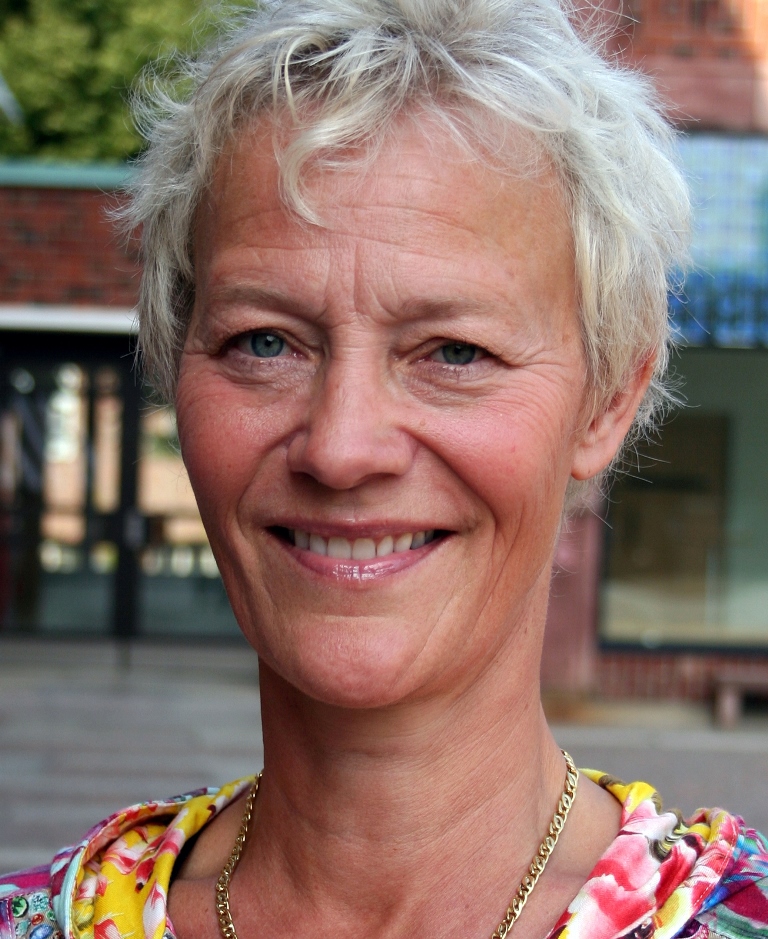From the right to vote to the right to be heard
Does the right to vote necessarily mean that you are heard and have influence over the way the world is interpreted? This was among the questions raised in the seminar Use your voice – make yourself heard.
“I’m no expert on voting rights, but I know something about what it means to have a voice and to be heard,” says Anna Wahl, a professor at the Royal Institute of Technology in Stockholm.
The Centre for Gender Research at the University of Oslo and the Committee for Gender Balance in Research organized the seminar Bruk stemmen – ta stemmen. Ytringsrettens normer og sanksjoner? (“Use your voice – make yourself heard. Norms and sanctions related to free speech rights”) in Oslo.
The theme was the gap between women’s formal rights and the rights they have in reality. Interestingly, the word for “voice” and “vote” in Norwegian and Swedish (stemme) is the same.
“In the 1970s, feminist scientific critique also encompassed the lack of women’s voices in science. There is a lot of power in being the one who interprets the world,” said Wahl in her opening remarks in a lecture on the voice of women in research and organizations.
Wahl has written numerous articles about women and their voice in organizations. She says there is a need for knowledge about this topic:
“Knowledge about women is still inherently valuable, and this knowledge is sorely needed. It’s a problem that research takes traditional, masculine thinking as ‘the voice from on high’. But this kind of God-given voice and eternal truths are not science.”
Who gets to describe and interpret?
According to Wahl, it is now a matter of expanding the legal right to vote to having a clear voice – in other words, to be heard and to have influence over how the world is interpreted.
“Whether you are in the majority or minority, follow the norms or deviate from them, are higher ranking or lower ranking – that is, structure, culture and power – all affect your potential to have a voice. These dimensions help us to understand who gets to describe and interpret meaning,” she says.

“If you are in the minority, you are required to show loyalty towards the group, but then the majority will perceive you as a deviation from the minority group. Rather than changing the majority’s perception of the minority, you no longer represent it,” says Wahl.
Non-action
“Of course, active gender discrimination exists, but non-action is just as important. Non-action is much more difficult to uncover because it entails not being awarded research funding, not influencing decisions and not being asked.”
The professor of organization and management believes that a meeting room filled with half women and half men can still be unbalanced. How the organization perceives itself affects how it defines words such as progress, success, quality and effectiveness.
“It has to do with taking part in setting the agenda. Who gets to decide what constitutes good quality? Who is the ‘we’ in the organization and who can say ‘we’?”
Wahl emphasizes:
“Power can be understood as a process, from having a voice to taking action. Gender equality is both an issue of knowledge and a power relation. In organizations, gender equality is also a matter of influencing and interpreting meaning. It is about having a voice and making yourself heard.”
Translated by Connie Stultz.
This autumn the Committee for Gender Balance in Research (the KIF Committee) and the Centre for Gender Research at the University of Oslo organized the seminar Bruk stemmen – ta stemmen. Ytringsrettens normer og sanksjoner? (“Use your voice – make yourself heard. Norms and sanctions related to free speech rights”) in connection with the anniversary of women’s suffrage in Norway. One hundred years ago women obtained the right to vote.
The KIF Committee and the Centre for Gender Research used the seminar to focus on free speech in a broad sense and to explore the gap between formal rights and gendered norms.
Professor Anna Wahl opened the seminar with a lecture on the voice of women in research and organizations.
